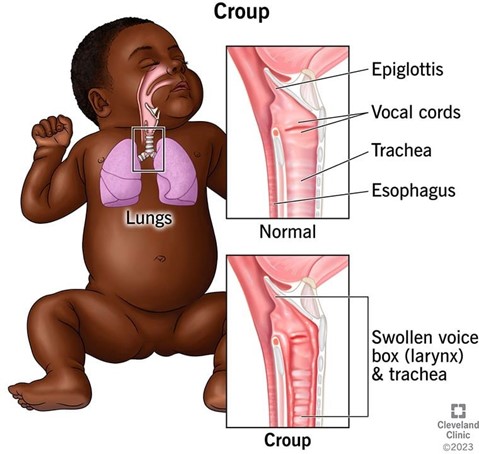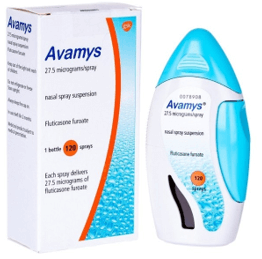At a prenatal visit, a primigravida client confides to the practical nurse (PN) that her partner is abusive. Which information should the PN provide?
Safety plan to keep in a purse at all times.
Paperwork needed to file a restraining order.
Visit summary documenting the report of abuse.
Contact information for a women's shelter.
The Correct Answer is D
The correct answer is choice D. Contact information for a women’s shelter.
Choice A rationale:
While providing a safety plan is important, it may not be the most immediate or practical resource for a client in an abusive situation. A safety plan is a detailed strategy for leaving an abusive relationship safely, but it requires time and preparation, which may not be feasible in an urgent situation.
Choice B rationale:
Paperwork for a restraining order is a legal step that can help protect the client, but it may not provide immediate safety. The process of obtaining a restraining order can take time, and the client may need immediate shelter and support.
Choice C rationale:
Documenting the report of abuse in the visit summary is important for medical and legal records, but it does not directly provide the client with immediate resources or safety. This documentation can be useful for future legal actions but does not address the client’s immediate need for safety and support.
Choice D rationale:
Providing contact information for a women’s shelter is the most appropriate response because it offers immediate safety and support. Women’s shelters provide a safe haven, counseling, legal support, and other resources necessary for individuals experiencing domestic violence. This option prioritizes the client’s immediate safety and well-being.
Nursing Test Bank
Naxlex Comprehensive Predictor Exams
Related Questions
Correct Answer is C
Explanation
Croup is a respiratory infection that causes inflammation and narrowing of the airway, resulting in a barking cough, hoarseness, and stridor. The PN should monitor the child's oxygen saturation level via pulse oximetry, as it can indicate the severity of the airway obstruction and the need for supplemental oxygen or other interventions.

The other options are not correct because:
A. Instructing the mother to play with the child for stimulation and distraction may worsen the child's condition, as it can increase his respiratory demand and anxiety.
B. Administering a dose of acetaminophen as needed may help reduce fever or pain, but it does not address the underlying cause of croup or improve airway patency.
D. Encouraging the child to drink adequate amounts of fluids may help prevent dehydration and thin the secretions, but it does not relieve the inflammation or narrowing of the airway.
Correct Answer is B
Explanation
This is the action that the PN should emphasize for the client to take before self-administration of the nasal spray because it clears the nasal passages of mucus and debris and allows for better absorption of the medication. The PN should also instruct the client to shake the botle well, tilt the head slightly forward, insert the nozzle into one nostril, close the other nostril with a finger, and press the pump while inhaling gently.

Whether you are a student looking to ace your exams or a practicing nurse seeking to enhance your expertise , our nursing education contents will empower you with the confidence and competence to make a difference in the lives of patients and become a respected leader in the healthcare field.
Visit Naxlex, invest in your future and unlock endless possibilities with our unparalleled nursing education contents today
Report Wrong Answer on the Current Question
Do you disagree with the answer? If yes, what is your expected answer? Explain.
Kindly be descriptive with the issue you are facing.
